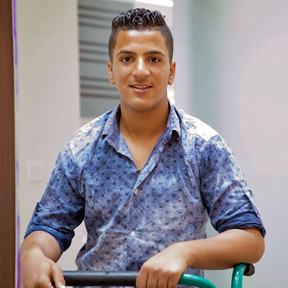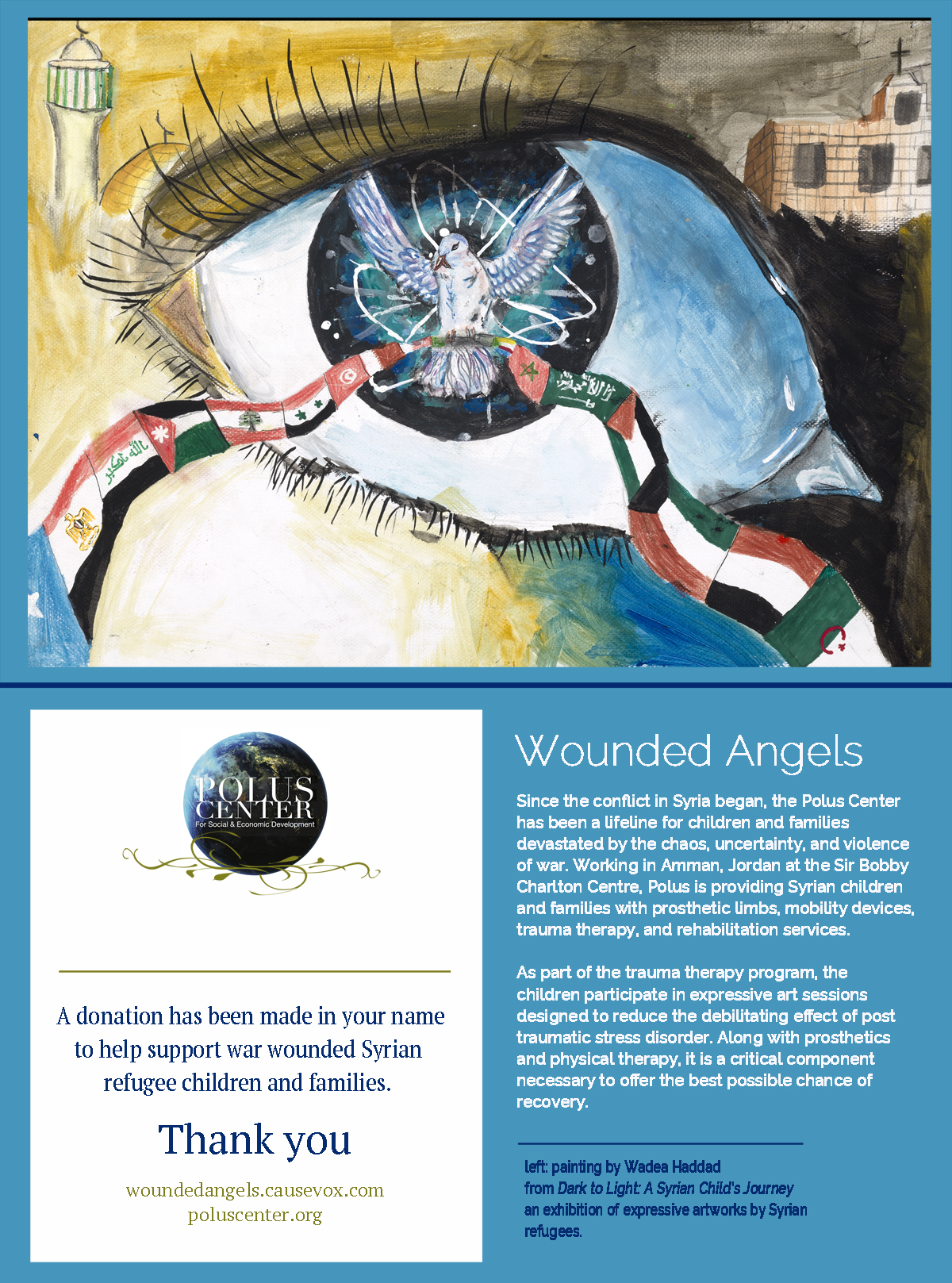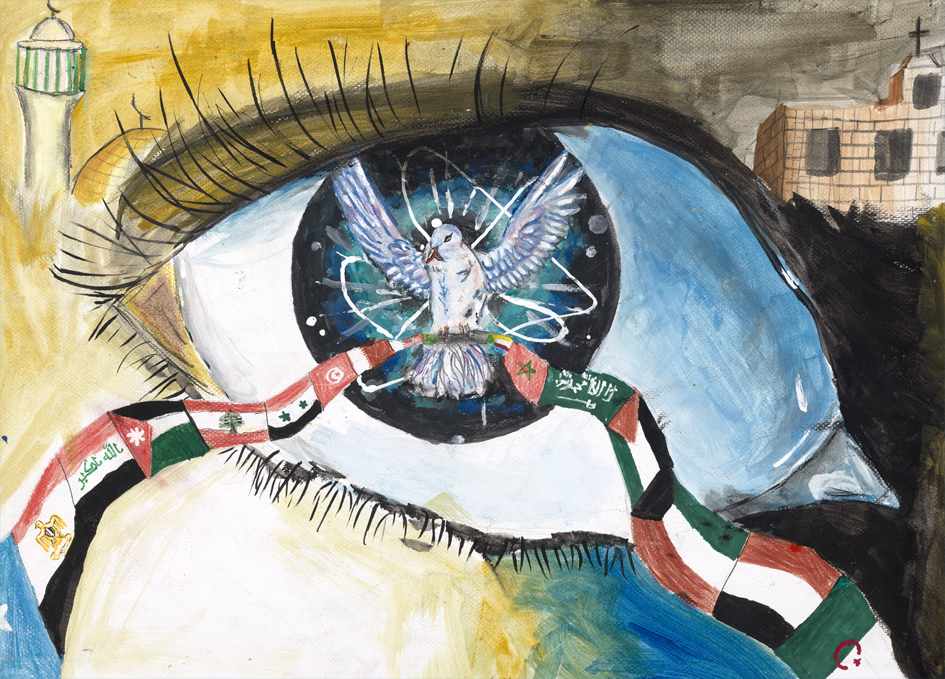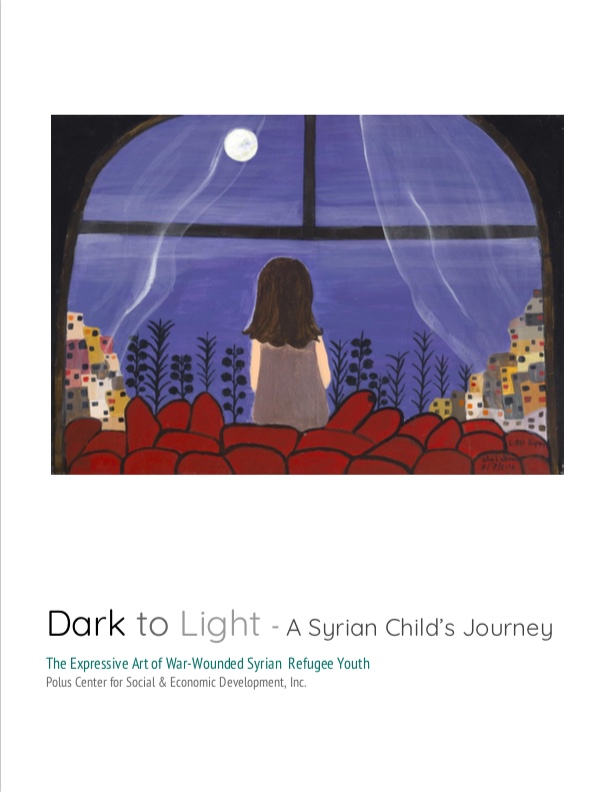
-UNHCR refugee resettlement Data

With a population nearing 9.5 million people, Jordan hosts 671,148 displaced Syrians - the second largest number of Syrian refugees in relation to a population, worldwide.
This ongoing humanitarian crisis places a tremendous strain on the refugees, the Jordanian government, and on organizations that are all trying to cope with a nearly impossible situation.

With support from U.S. State Department’s Bureau of Political-Military Affairs/Office of Weapon’s Removal and Abatement, and in partnership with Jordanian and Syrian partners on the ground, Polus Center provides artificial limbs, wheelchairs, braces, physical rehabilitation, and psychological trauma therapy services to civilian war wounded victims of conflict. learn more about our partners


Working closely with Jordanian and Syrian rehabilitation facilities in Amman, Jordan, Polus Center offers a three-prong approach to assistance:
- mobility devices, prosthetic limbs, and physical rehabilitation services
- cognitive & expressive psychological trauma counseling (PTSD)
- capacity building prosthetic technician training
Those experiencing limb loss and spinal injury receive mobility devices and physical rehabilitation services, including artificial limbs, wheelchairs, braces, and physical therapy.


Syrian refugees, especially those who have experienced limb loss, have been exposed to inexplicable atrocities of war. Many of these are children who have lost parents, siblings and even entire families. In an effort to address the severe psychological trauma experienced by war-wounded Syrian children, a therapeutic intervention program was initiated.

Using both expressive, cognitive, and peer-to-peer therapies, we provide direct trauma counseling services designed to reduce the debilitating effects of PTSD.
Providing prosthetic limbs and simultaneously helping children process their experience aids in their recovery, It also helps them develop new coping skills, foster personal growth, and increases their sense of security. Along with physical therapy, it is a critical component necessary to offer the best chance of recovery.

The Polus Center offers post graduate prosthetics upgrading opportunities to Syrian and Jordanian technicians.

Together with our partners, we bring highly skilled prosthetists from around the world to train technicians in biomechanics and the fabrication of artificial limbs. Our partner Asia Development Training, a non-governmental organization in Amman, Jordan, ensures local involvement and is especially committed to training women and Syrian refugees who themselves have experienced limb loss.

Person Centered means our technicians listen, assess, and design solutions for each patient on an individual basis, building trust and a personal connection. This critical approach provides an essential foundation as patients move forward in recovery... regaining mobility, dignity, and self-confidence.









